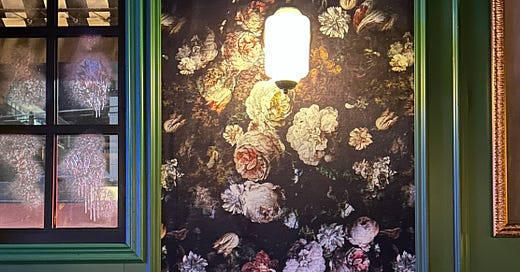What’s the Point of Your Insecurity?
Your insecurity becomes fuel for a system that makes you hate yourself so that it can then sell you the cure.
Insecurity plagues most of us, and yet rarely do we stop to question what the point of it is. It’s easy for us to accept our insecurities as truths, but not so easy to look at them with curiosity. Insecurity is tantalizing because it scratches an itch—the itch that reinforces the ingrained need to prove our worth. With every insecurity we validate through our behaviour or the way we speak to ourselves, we make it ever more necessary to chase the approval we believe we’re being constantly denied. The catch is that the person denying us this approval is ourselves.
I think there’s a scope in which insecurity can operate and still lead to an aligned and emotionally healthy experience. Feeling like you weren’t as good of a friend as you would’ve liked to be, or like you didn’t push yourself enough to meet your potential, or that you didn’t show up authentically are just a few examples when insecurity in your performance can be justified. When you know that you weren’t acting from a place of alignment and intention then feeling insecure about it can help propel you forward with more alignment and intention.
However, when taken too far—as it often is—insecurity can hold you back even more from living as your most authentic self and reaching your potential. The emotion that’s supposed to encourage you to be better now has the opposite effect; it’s encouraging you to stay exactly as you are or potentially devolve into something worse because you don’t believe you’re worthy enough to be who you truly want to be. It uses your innate, human flaws as evidence for why you’re unworthy and society perpetuates them through toxic media and narratives about how people “should” be.





